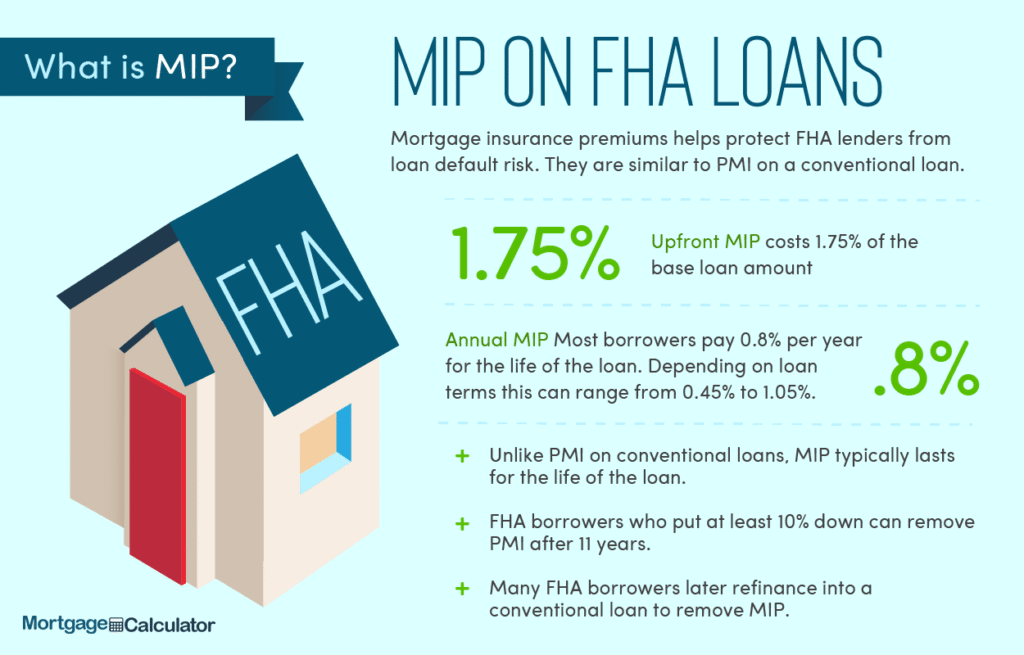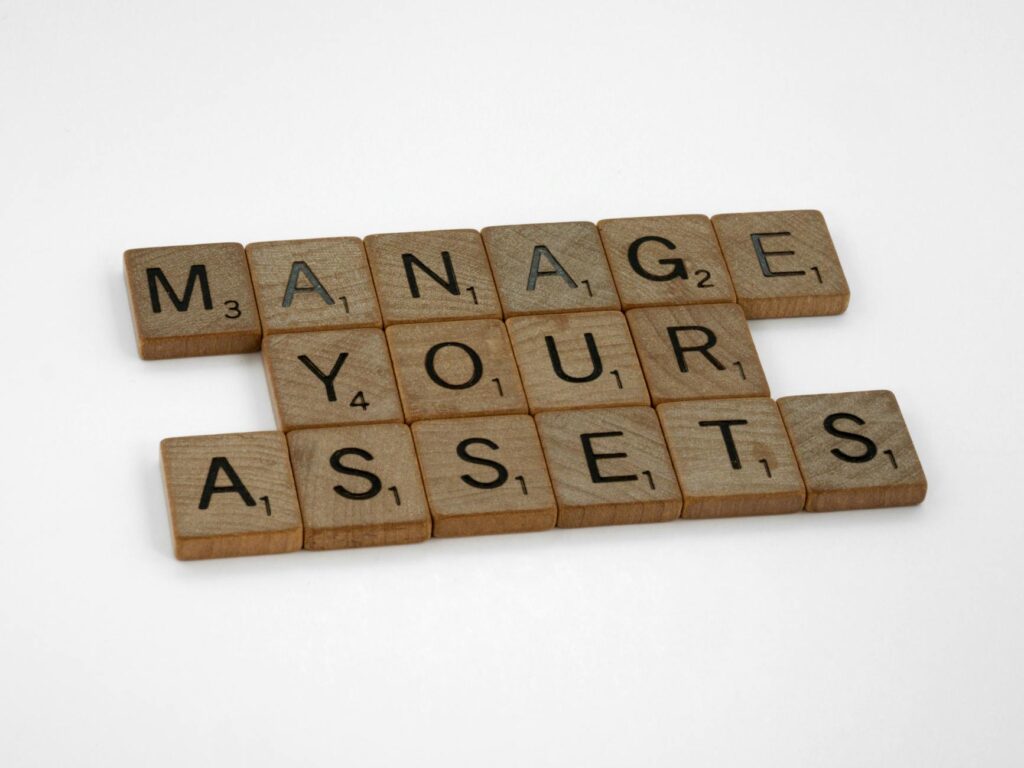Navigating the complexities of debt can feel overwhelming, but understanding your options and taking proactive steps can lead to a brighter financial future. This guide explores various debt relief strategies, empowering you to regain control of your finances.
Understanding Your Debt
Before exploring solutions, it’s crucial to understand the types of debt you have (credit cards, medical bills, student loans, etc.) and their associated interest rates. Creating a detailed debt inventory is the first step towards effective management. 
Debt Consolidation
Debt consolidation involves combining multiple debts into a single loan, often with a lower interest rate. This simplifies payments and can potentially save you money over time. However, it’s vital to carefully compare offers and ensure the new loan terms are favorable. Learn more about debt consolidation.
Debt Management Plans (DMPs)
A Debt Management Plan, offered by credit counseling agencies, involves working with a counselor to create a budget and negotiate lower interest rates and monthly payments with your creditors. This approach can help you avoid default and rebuild your credit over time. Read more about DMPs and their benefits.
Debt Settlement
Debt settlement involves negotiating with creditors to pay a lump sum for less than the total amount owed. This can significantly reduce your debt, but it can negatively impact your credit score. It’s crucial to consider the long-term consequences before pursuing this option. [IMAGE_2_HERE]
Bankruptcy
Bankruptcy is a legal process that can eliminate or significantly reduce your debts. However, it has significant long-term consequences for your credit score and financial future. It should be considered as a last resort after exploring other options. Consult a bankruptcy attorney for guidance.
Negotiating with Creditors
Directly contacting your creditors to discuss your situation and negotiate lower payments or interest rates can be surprisingly effective. Many creditors are willing to work with borrowers facing financial hardship. Be prepared to present your budget and demonstrate your commitment to repayment. [IMAGE_3_HERE]
Building a Budget
Creating a realistic budget is essential for managing debt and avoiding future financial difficulties. Track your income and expenses to identify areas where you can cut back and free up funds for debt repayment. Use our budgeting tools to get started.
Seeking Professional Help
Don’t hesitate to seek professional help from a credit counselor or financial advisor. They can provide personalized guidance and support, helping you navigate the complexities of debt relief and develop a sustainable financial plan. Find a certified credit counselor near you.
Taking control of your debt requires proactive steps, careful planning, and potentially seeking professional assistance. By understanding your options and choosing the right strategy for your situation, you can pave the way for a more secure financial future. [IMAGE_4_HERE]
Frequently Asked Questions
What is debt consolidation? Combining multiple debts into one loan with potentially lower interest.
How can a DMP help me? A DMP creates a manageable budget and negotiates with creditors for lower payments.
Is bankruptcy always necessary? No, explore other options like debt consolidation and settlement first. Learn more about alternatives to bankruptcy.
What should I do if I can’t make payments? Contact your creditors immediately to discuss payment options.
Can I negotiate with creditors on my own? Yes, but consider seeking professional help for better results.


